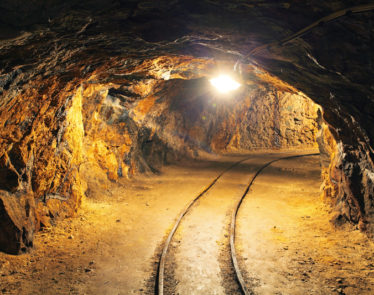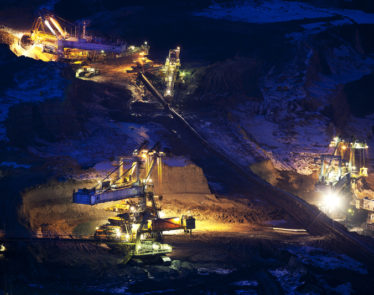
Rosatom (traded privately), Russia’s state nuclear corporation, has temporarily discontinued its Mkuju River uranium project — located in Tanzania — for at least three years. A big reason for the discontinuation is the current terrible state of the uranium market. The nuclear energy company hopes to start the project once the demand for uranium begins to rise again, which many analysts and traders don’t expect to happen until 2020.
Another reason for the temporary suspension is the local authorities taking over Tanzania’s mining industry this year in March. As a result, bills were introduced to give the state a bigger share of revenue from companies that mine in Tanzania — this includes Rosatom. The bills have posed a brand new challenge for all mining companies who own mines or produce metal in Tanzania.
A Brief History
From the very beginning, Rosatom’s Mkuju River project was met with a series of controversies, challenges, and delays. Rosatom acquired the Mkuju River project when it began talks in December 2010 to purchase Australian mining company Mantra Resources Ltd. for US$1.15 billion. The deal was finalized through Rosatom’s subsidiary company, AMRZ Uranium Holding Co., in June 2011.
The purchase itself was met with disapproval by several financial experts, whose general consensus was that Rosatom had overpaid for Mantra. This is because the deal was completed three months after the Fukushima nuclear disaster on March 11, 2011. The incident made it quite easy for people to predict the fall of the uranium market.
Then, about a year after Rosatom’s deal with Mantra was finalized, in July 2012, the company was faced with protest from international wildlife protection community and other NGOs thanks to UNESCO World Heritage Committee’s approval of a special removal of the Mkuju River mine site from the protected Selous Game Reserve. The site had been a part of the reserve for a long time, and — to make matters worse for Rosatom — the road constructed by the company to get access to the uranium deposit through the Reserve has been increasingly used by elephant poachers.
Other Issues
Besides problems with wildlife protection communities and NGOs, Rosatom is also facing claims, demands, and lawsuits from Tanzanian authorities regarding the many delays on the project. Since April 2013, when a key mining license was granted for it, the Mkuju River project has been in the advanced stage of development. As well, its In-Situ Leaching test program at the project — which began in the second quarter of 2015 — is still in the works.
Currently, operator of the Mkuju River project Uranium One is focusing on issues regarding licenses and permits as well as considering which engineering opportunities will optimize the capital and operating costs for the project.
Conclusion
With many unresolved issues and delays in the development of the project, it can be said that this project owned by Rosatom will have to go over many hurdles before going into production. As an investor, one should consider if the result of Rosatom’s struggles with this project will be worth it before making an investment in this company.
Featured Image: Depositphotos/© ginasanders












